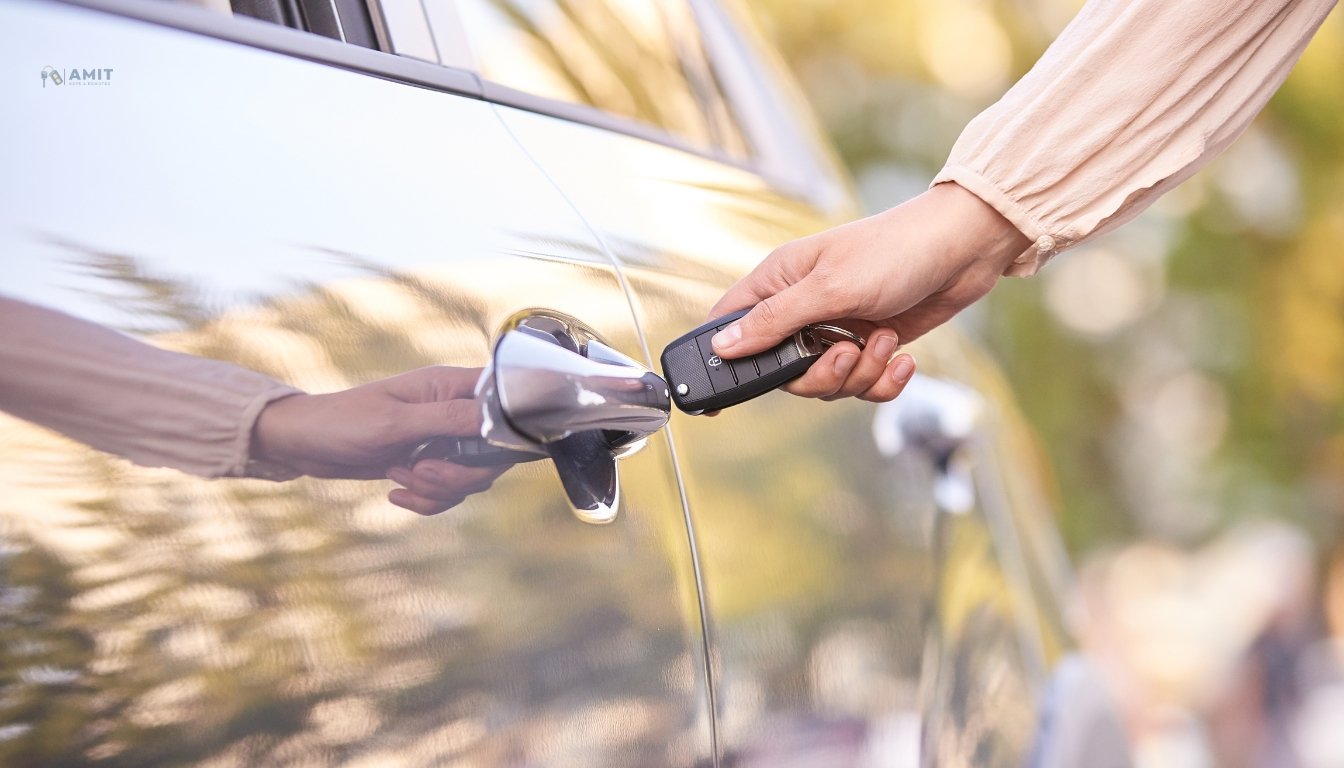Introduction
When it comes to automotive maintenance, one often overlooked aspect is key repair. Keys are essential components of our vehicles, and when they malfunction or break, they can lead to frustrating situations. Whether you're locked out of your car or dealing with a snapped key, understanding the best practices for key repair can save you time and money. In this comprehensive guide, we will explore various aspects of key repair for cars, including tips on how to manage locked doors, the costs associated with locksmith services, and effective DIY methods.

Understanding Key Repair for Cars
What is Key Repair?
Key repair involves fixing or replacing malfunctioning keys used in automobiles. This may include traditional metal keys, transponder keys, or smart keys. With advancements in technology, modern vehicles come equipped with complex locking mechanisms that require specialized knowledge for effective repairs.
Why is Key Repair Important?
Keys play a crucial role in vehicle security and functionality. A damaged or broken key can leave you stranded or unable to access your car. Understanding how to properly handle key repairs not only ensures your vehicle remains secure but also saves you from unnecessary expenses.
Common Key Issues in Cars
Types of Key Problems
Snapped Keys: One of the most common issues is a snapped key that breaks off inside the lock. Worn Out Keys: Over time, keys can become worn due to frequent usage. Transponder Failures: Modern cars often use transponder keys that may fail due to battery issues. Lock Mechanism Malfunctions: Sometimes, the issue lies within the door lock itself rather than the key.How Can You Open a Locked Door?
When faced with a locked door situation, there are several methods you can try:
- Using a Slim Jim: A slim jim tool can be inserted between the window and weather stripping to unlock the door. Coat Hanger Method: For older cars without electronic locks, a coat hanger can be bent into shape to pull up the lock pin.
However, always remember that attempting these methods emergency locksmith might cause damage if not done correctly.
How Do I Open a Locked Door Without a Key?
If you're locked out and searching for solutions, here are some alternatives:
- Call a Locksmith: The safest option is always to call a professional locksmith. Use Your Smartphone: Some modern cars have mobile apps that allow you to unlock doors remotely.
How to Get a Snapped Key Out of Lock
Step-by-Step Guide
Assess the Situation: Determine how much of the key is left in the lock. Use Tweezers: If part of the key is exposed, try using tweezers to gently pull it out. Lubricate: Applying lubricant may help ease the extraction process. Professional Help: If all else fails, contact an automotive locksmith who specializes in extracting broken keys.Safety Precautions
Always wear gloves when handling broken metal pieces to avoid injury.

Locksmith Services Overview
Types of Locksmith Services Available
Emergency Lockout Services Key Cutting Services Lock Repair and Replacement Installation of New LocksHow Much Does a Locksmith Cost?
The cost varies based on location and service complexity but typically ranges between $50-$150 per hour.
Mobile Locksmiths Near Me
Mobile locksmiths offer convenience by traveling directly to your location when you're in need of assistance.
DIY Methods for Key Repairs
Basic Tools You’ll Need
- Pliers Lubricant spray Screwdriver set Replacement key (if necessary)
Simple Repair Techniques
Repairing Worn Keys: If your key has become worn down but isn’t broken, consider filing it down gently until it fits snugly in your lock again. Key Duplication: If you have an old key that still works well but fear losing it, consider getting multiple copies made at local key cutting services like key cutting Melbourne.Exploring The Best Practices for Key Repair Cars
When tackling any issue related to car keys and locks:
Always assess whether it's something you can handle yourself or if it's better left to professionals. Keep spare keys handy; consider using lock boxes for keys outside your home for emergencies. Regularly check your locks and keys—especially before long trips—to ensure they function properly.By adhering to these best practices for maintaining both your keys and locks, you'll reduce potential hassles down the line.
FAQs
1. Can I fix my own broken car key?
Yes! Depending on the type of damage—such as minor wear—you might be able to fix it using basic tools like pliers and lubricants.
2. What should I do if my transponder key stops working?
First check if it's a dead battery issue; if that's not it, consult an automotive locksmith mobile service near you to get assistance.
3. How much does it typically cost for locksmith services?
Locksmith prices vary widely based on service but generally range from $50-$150 per hour depending on factors such as location and complexity of work required.
4. What’s involved in changing my door lock?
Changing your door lock usually involves removing screws from both sides of the door handle before installing new hardware—consult guides specific to your lock type for detailed instructions!
5. Is there an easy way I can open my locked car door?
While there are DIY methods like using slim jims or coat hangers for older models without electronics involved—it’s advisable always first attempt contacting professional help!
6. What's commonly included in mobile locksmith services?
Mobile locksmiths provide services such as emergency lockouts access/repair/replacement while offering on-site convenience right at where help is needed!
Conclusion
In conclusion, navigating through issues related to car keys doesn't have to be overwhelming if equipped with essential knowledge about best practices around key repair cars. From understanding common problems like snapped keys or transponder failures all through identifying reliable locksmiths nearby; being proactive ensures smoother resolutions whenever challenges arise! So keep those backup plans ready—whether it's calling friendly mobile locksmiths nearby or having spare copies made at trustworthy key cutting services—after all prevention goes hand-in-hand with peace-of-mind!